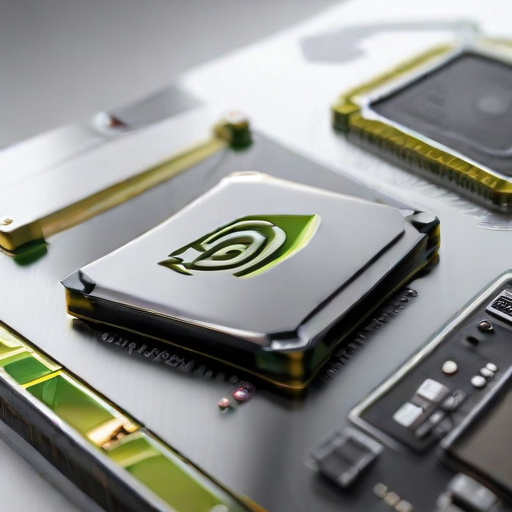As the United States contemplates stricter trade measures aimed at restricting advanced chip technology sales to China, Nvidia, a prominent U.S.-based chip manufacturer, is reportedly developing a modified version of its cutting-edge artificial intelligence chips to align with these regulations.
Nvidia is set to regain its position as one of the most valuable public companies globally, amidst these changes. According to reports, the new chip, referred to as the “B20,” is being designed for the Chinese market, with plans to partner with local distributor Inspur for its sales. The B20 is expected to begin shipments in the second quarter of 2025.
While Nvidia has already created several chips that comply with U.S. export controls—such as the H20—recent strategies have seen the company adjusting prices to boost sales in a competitive landscape, particularly against rival Huawei. Despite the challenges posed by U.S. trade restrictions, there is optimism surrounding Nvidia’s prospects, with expectations that it will sell over one million H20 chips in China this year, resulting in approximately $12 billion in revenue.
However, concerns remain that Nvidia’s H20 chips may soon face additional trade restrictions during the U.S. government’s upcoming review of semiconductor export policies in October, with analysts predicting a potential ban on these chip sales to China. This could be instituted through various means, such as stricter product specifications or modifying computing and memory capacity caps.
Despite these challenges, it is encouraging to see Nvidia navigating complex market conditions and continuing to innovate. The company’s efforts to tailor its products for compliance while maintaining robust sales highlight the adaptability and resilience inherent in the technology sector.
In summary, Nvidia is proactively addressing trade-related challenges by developing compliant AI chips for China, positioning itself favorably despite potential tightening trade policies. This approach reflects the company’s resilience and commitment to sustaining its leading role in the global chip market, paving the way for future growth even in a competitive environment.
